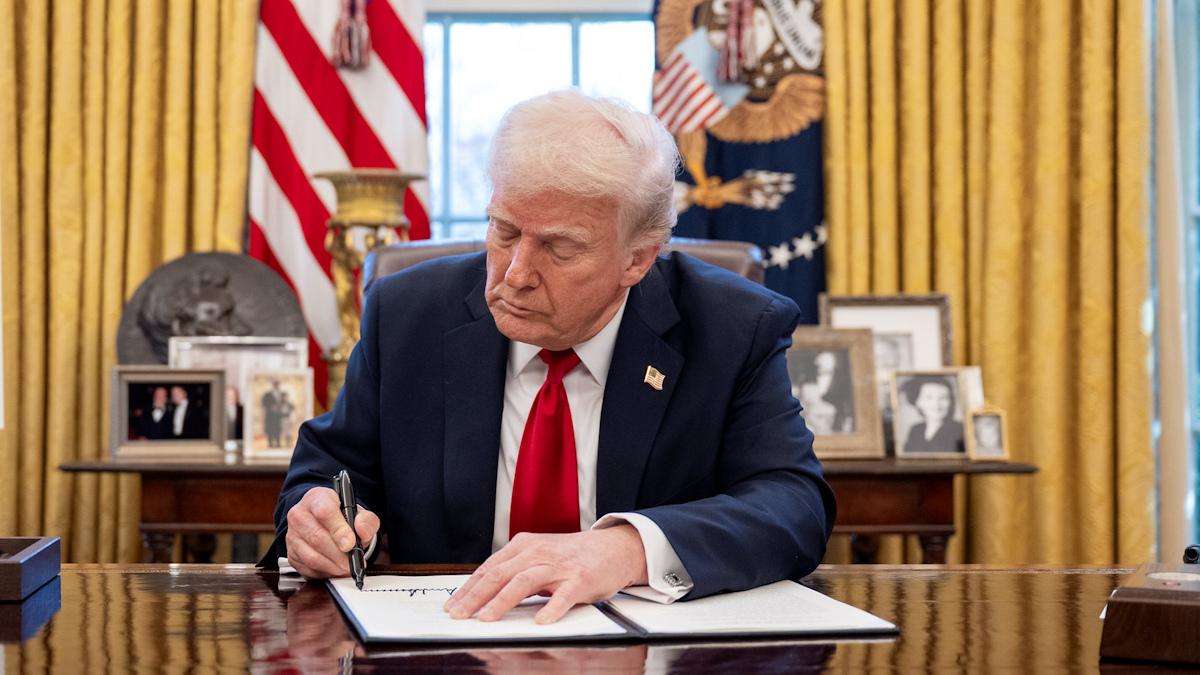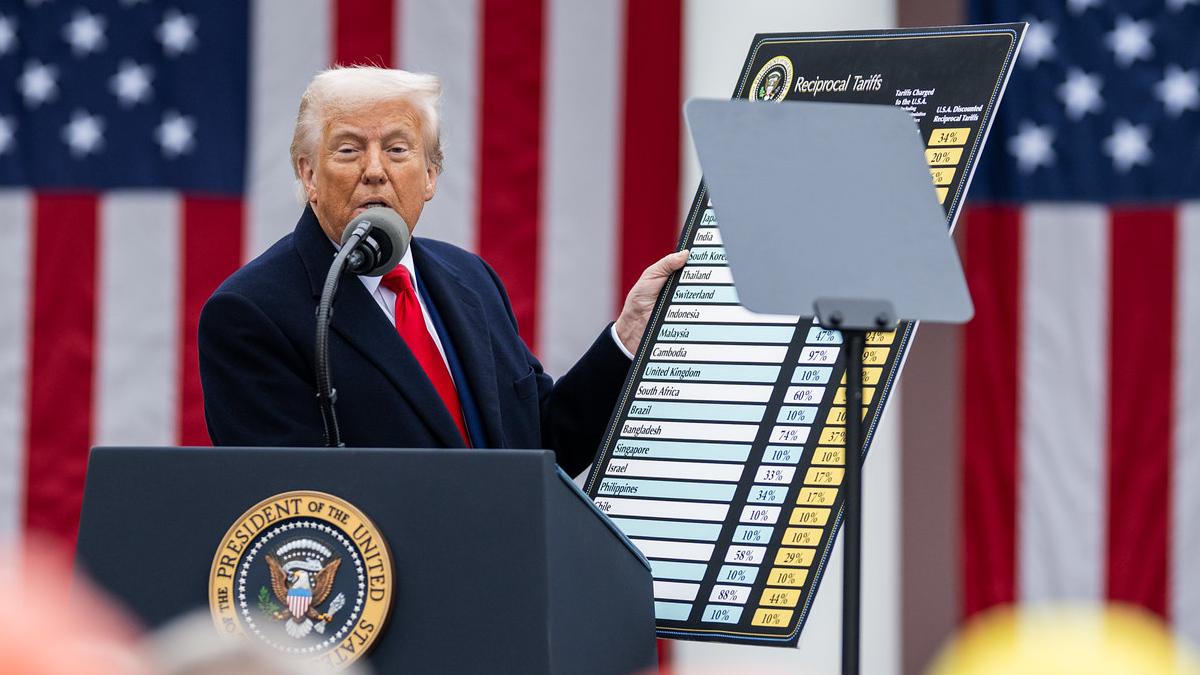Pharma tariffs "will hurt US consumers most of all"

With the world braced for an announcement of sweeping tariffs later today by President Donald Trump, analysts at ING have warned that – if pharmaceuticals are included – it is US consumers who will suffer the most.
Trump is scheduled to outline his tariff plans at the White House at 4pm EST in what has been dubbed "Liberation Day" by the US administration, and a senseless act of self-harm to the US economy by some commentators.
If pharmaceuticals are included in the tariffs, ING is predicting that the near-term result will be higher prices for medicines in the US, as around a third of medicines used in the US are imported – roughly $200 billion out of $560 billion consumed in 2024.
The impact would be widespread, particularly if it includes India, which is a major world producer of low-cost, generic medicines that account for 91% of all prescriptions filled in the US.
"Tariffs will increase prices for generic medication substantially at the expense of American consumers and they will hit the most vulnerable US citizens the hardest, said ING.
Further down the line, European producers of branded pharmaceuticals may see companies gradually shifting manufacturing to the US, according to a report issued by the financial group, although, changes to production processes are subject to strict rules and regulatory oversight, so that transition is likely to require years to achieve.
"Although some uncertainty remains on what exactly these tariffs will cover, an increased tariff on goods imported from the EU is likely," it says. "Aside from the EU, India is also in scope in this round of tariffs as Trump labelled the country a 'tariff king'. Moreover, on 24th March, Trump reiterated his comments on wanting to institute tariffs on the import of pharmaceuticals specifically, and India is one of the largest exporters of generic pharmaceuticals to the US."
Trump argues the tariffs will help US manufacturers by encouraging consumers to buy American-made goods, but that will not be possible for many generic medicines, as there will be no domestically-made equivalent.
ING also thinks that it is unlikely that the largest Indian generic pharmaceutical manufacturers will shift even part of their manufacturing to the US because their production in India is so much cheaper – even with a tariff in place – and may simply choose not to supply the US market at all, raising the spectre of medicine shortages for some low-volume products.
"The construction of new facilities will take roughly 10 years, which is a long investment horizon, especially as there is uncertainty about what will happen to the tariffs after Trump’s term ends," according to the report.
Overall, while European manufacturers may opt to carry out more manufacturing in the US, which would negatively affect the European economy, the benefit to the US economy will not outweigh the higher prices on pharmaceuticals as a result of tariffs, concludes ING.
In March, the Biotechnology Innovation Organization (BIO) warned that tariffs on goods coming into the US from Europe, China, and Canada could have a profound and damaging impact on the biopharma sector, as almost 90% of its member companies rely on imported components for at least half of their FDA-approved products.












